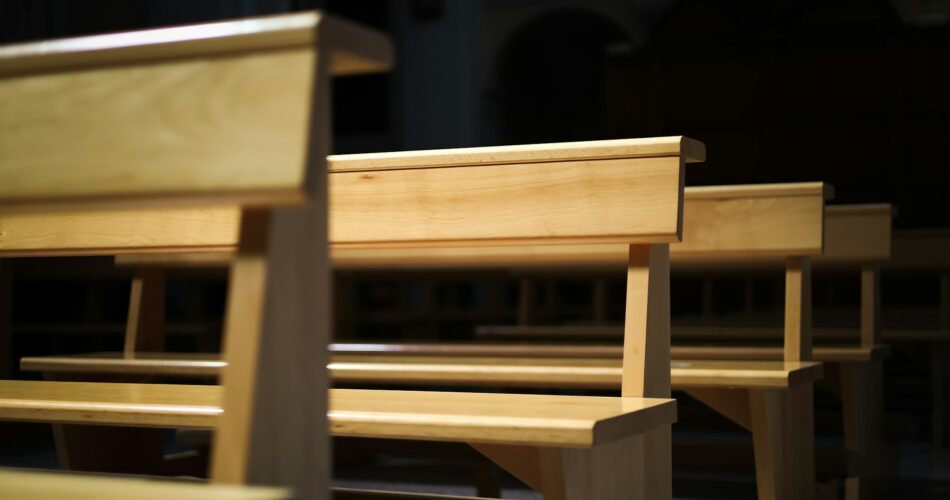He’s preventing the spread of Christianity.
Opposition has arisen against a proposal by Indonesia’s Ministry of Religious Affairs to eliminate the role of the Interreligious Harmony Forum (FKUB), a predominantly Muslim body that has made it challenging for minority religions to build places of worship.
Last week, Indonesia’s Vice President Ma’ruf Amin voiced his concerns about the proposal to dismantle FKUB’s role. On August 7, Amin stated that the minister of religious affairs should not have introduced this change. He emphasized that the regulations governing the construction of places of worship were the result of thorough discussions and agreements among religious councils. “The establishment of houses of worship was agreed upon through detailed deliberations,” Amin remarked, urging the ministry to reconsider the basis of FKUB’s recommendations and to consult those who participated in creating these regulations.
Amin, who was instrumental in establishing FKUB, recalled the extensive negotiations that led to its formation. He pointed out that the agreement was achieved after four months and eleven meetings, culminating in a joint regulation by the ministers of religion and home affairs.
In response to the proposal, Minister of Religious Affairs Yaqut Cholil Qoumas announced plans to revise the regulations to ease the process for religious minority groups to build their places of worship. Speaking at an event on August 3, Yaqut stated that under the new regulations, only the recommendations from local branches of the Department of Religious Affairs would be considered, effectively removing FKUB’s role. He argued that FKUB’s involvement complicates the construction process and promised that the new regulations would simplify this process.
Current regulations impose two requirements that minority groups must meet, which Yaqut acknowledged can be particularly challenging when the majority population is Muslim. He mentioned that the coordinating minister for political, legal, and security affairs agreed with the proposed changes, which are expected to be formalized into a presidential regulation soon.
However, Vice President Amin’s last-minute intervention has sparked concerns from rights advocates like Bonar Tigor Naipospos of the Setara Institute for Democracy and Peace. Naipospos fears that the rejection of the proposal might delay its implementation, noting that Amin’s stance could reflect the influence of conservative Islamic groups that might resist changes favoring minority rights.
Amin, who leads the Majelis Ulama Indonesia (MUI), has been associated with several controversial fatwas that have impacted minority groups, according to Naipospos. These include rulings against secularism, pluralism, and specific religious groups.
On the other hand, some religious organizations have welcomed the proposed changes. Pastor Gomar Gultom of the Communion of Indonesian Churches (PGI) supports the new regulations, although he is skeptical about their potential impact. He argues that the FKUB’s authority to grant or deny permits should not override state authority. Hendardi of the Setara Institute also views the move as a positive step towards accommodating Indonesia’s diverse religious landscape.
The Indonesian Bishops’ Conference (KWI) has expressed appreciation for the plan, calling it a step towards reducing bureaucratic hurdles. They have also urged the Ministry of Religious Affairs to review additional requirements for establishing places of worship.
Indonesia’s status as a country where it is challenging to practice Christianity is highlighted by its ranking on the 2024 World Watch List, where it is noted that conservative Islamic attitudes and extremist threats pose risks to churches and religious outreach efforts.
